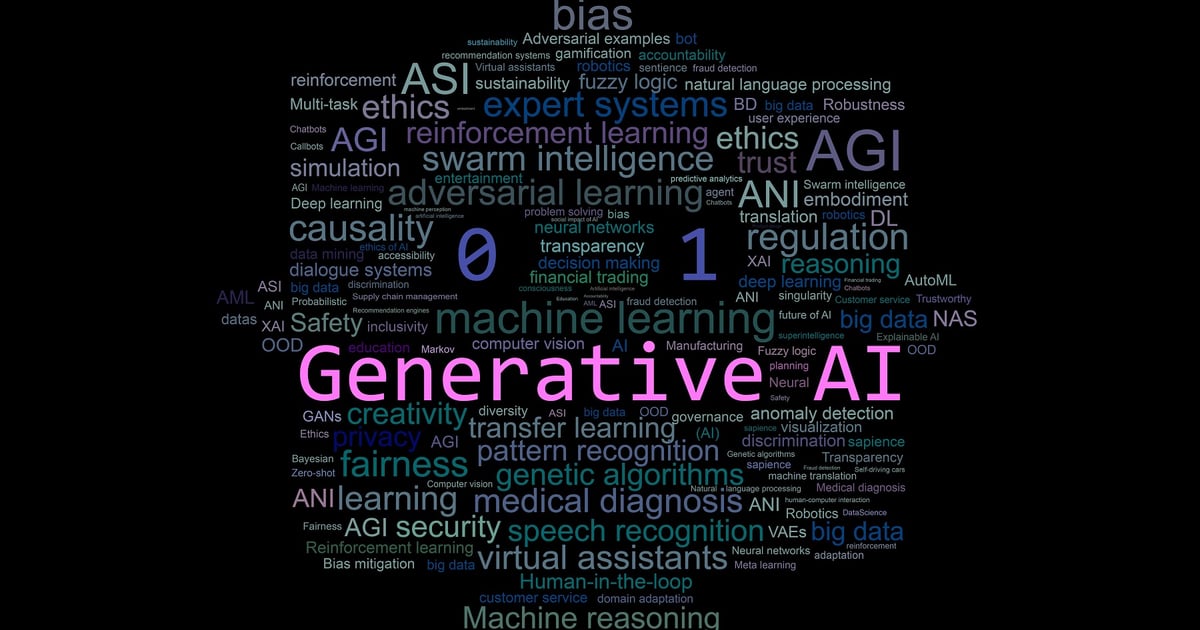
February 14, 2024 at 10:02AM
The rise of generative AI has intensified the cybersecurity battlefield, empowering cyber attackers with advanced phishing techniques and malware creation. However, responsible deployment of AI can provide security professionals with the contextual understanding needed to preempt and combat these threats, offering hope for an improved security posture in the ongoing struggle against cybercrime.
Based on the meeting notes, several key points can be identified regarding the impact of generative AI on cybersecurity:
1. The use of generative AI by bad actors has led to more sophisticated cyberattacks, including highly targeted phishing attempts and the development of malicious versions of mainstream AI tools such as DarkGPT and FraudGPT.
2. Despite the challenges posed by malicious use of generative AI, enterprises can leverage these capabilities to enhance their security postures and defend against cyber threats.
3. Generative AI, when deployed responsibly, can provide contextual information and recommendations, enabling security professionals to understand and respond to potential security threats more effectively.
4. The ability of generative AI to analyze and aggregate large amounts of data in near real-time can significantly reduce the dwell time of cyber threats, giving defenders an advantage in responding to security incidents.
5. While there are risks associated with the increasing prevalence of AI, there is cause for optimism as responsible use of generative AI can strengthen overall security defenses and improve the ability of defenders to combat cyber threats.
These takeaways highlight the evolving landscape of cybersecurity in the context of generative AI and emphasize the importance of responsible deployment and utilization of AI technologies for enhancing security postures.